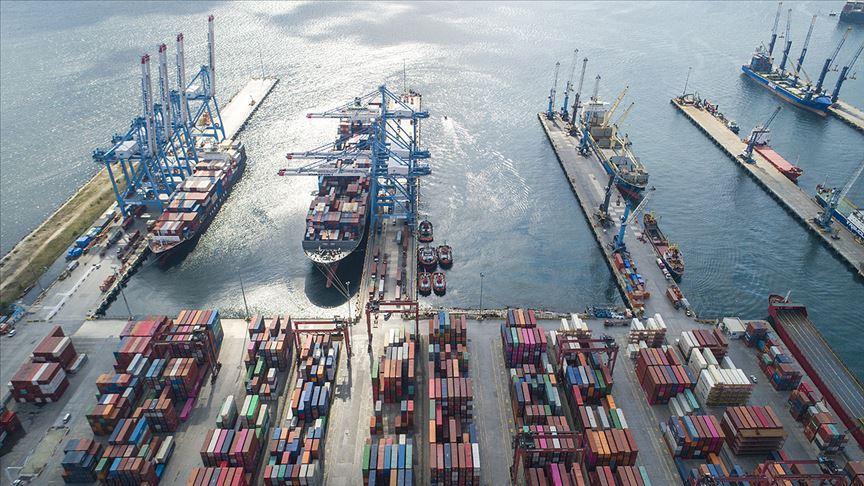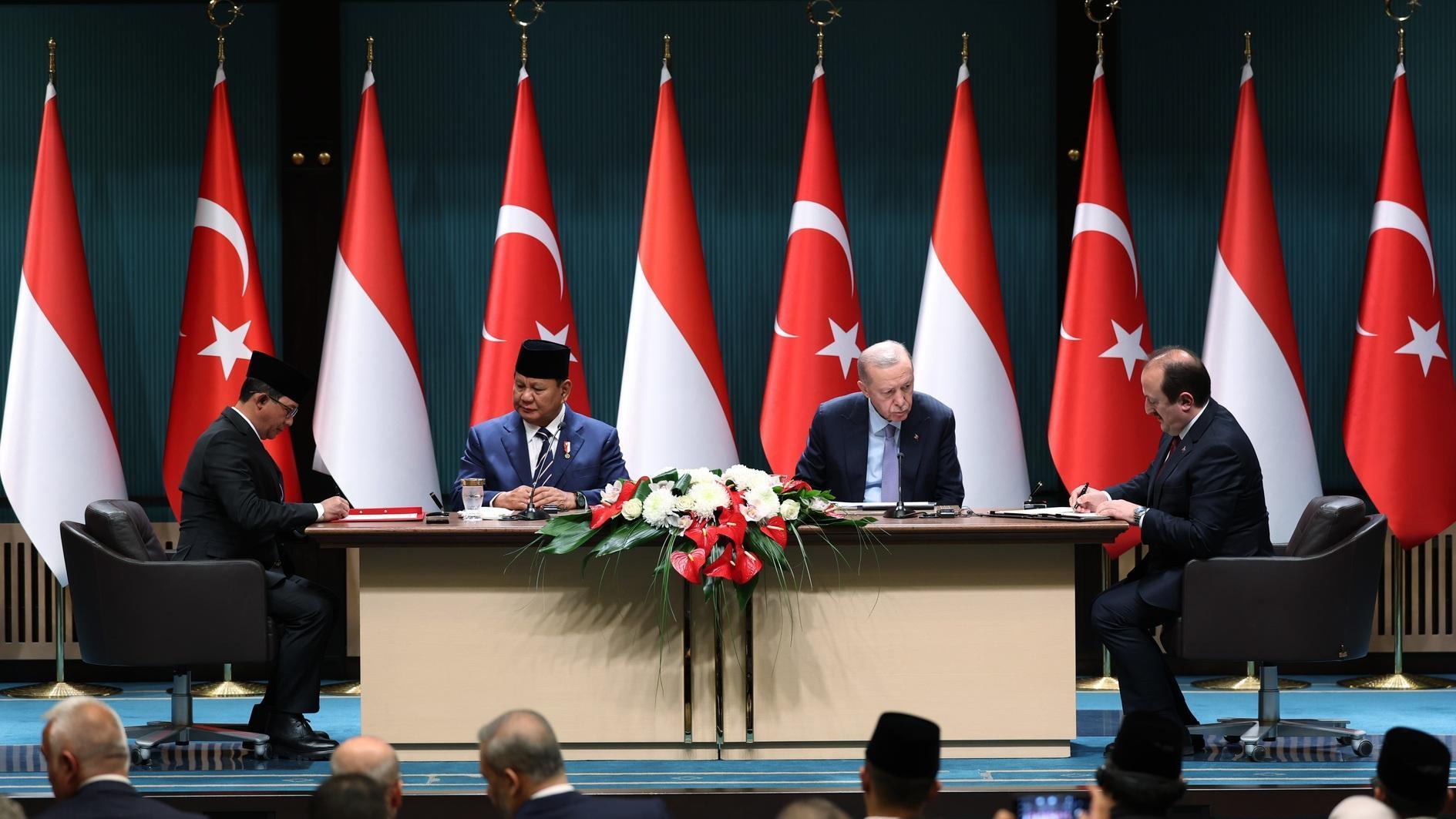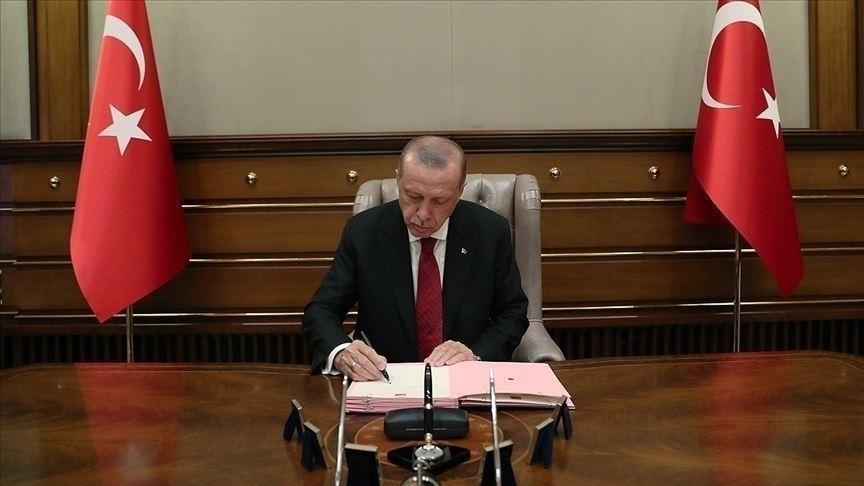Türkiye’s flexibility may offset Trump tariff risks
ISTANBUL

As U.S. President Donald Trump gears up to unveil reciprocal tariffs on April 2, dubbed “Liberation Day,” Türkiye’s industries braces for potential fallout while eyeing opportunities amid global trade uncertainty.
Asked for details, Trump told reporters on March 31: "You're going to see in two days, which is maybe tomorrow night or probably Wednesday."
But he added: "We're going to be very nice, relatively speaking, we're going to be very kind."
Trump’s plan to slap 25 percent tariffs on car imports has thrust Türkiye’s $37.2 billion automotive export sector into the spotlight, particularly its trade with the United States, a key market.
The Turkish Exporters Assembly (TIM) reports that the U.S. ranked ninth among Türkiye’s top automotive export destinations in 2024, slipping to 10th in the first two months of 2025. Over the past six years, Türkiye’s auto exports to the U.S. have averaged $1.1 billion annually, hitting $1.2 billion in 2024 alone.
In January and February 2025, exports to the U.S. reached $198 million, a modest 4 percent increase from the same period in 2023, out of a total $6 billion in sectoral exports. The U.S. accounted for 3.3 percent of Türkiye’s automotive shipments during this time.
Baran Çelik, chairman of Türkiye’s Automotive Industry Exporters’ Association (OIB), highlighted the U.S. market’s heft.
Çelik noted that Türkiye’s exports to the U.S., which topped $1 billion for four consecutive years, lean heavily on parts and components, with supply industry exports alone exceeding $1 billion in 2024. However, Trump’s proposed 25 percent tariffs on both vehicles and parts could spell trouble. “Our main industry companies will feel the pinch first,” he said.
“While we primarily export components, passenger cars and light commercial vehicles also ship to the U.S. occasionally. These duties will drive up costs regardless.”
“Trade wars and protectionist policies threaten global trade in the months ahead,” he said.
Yet Türkiye’s strategic edge could turn the tide. Çelik pointed to the country’s flexible production capabilities and balanced foreign policy as potential buffers.
“Our strong trade ties with Europe, Asia, and the Americas position us to adapt,” he said. “This flexibility offers a chance to transform challenges into advantages.”
Trump's aggressive tariffs strategy is fuelling fears of a global trade war, risking a chain reaction of retaliation by major trading partners like China, Canada and the European Union.
EU chief Ursula von der Leyen said yesterday the bloc still hopes for a "negotiated solution" to U.S. tariffs looming this week, but that "all instruments are on the table" to hit back if necessary.
















